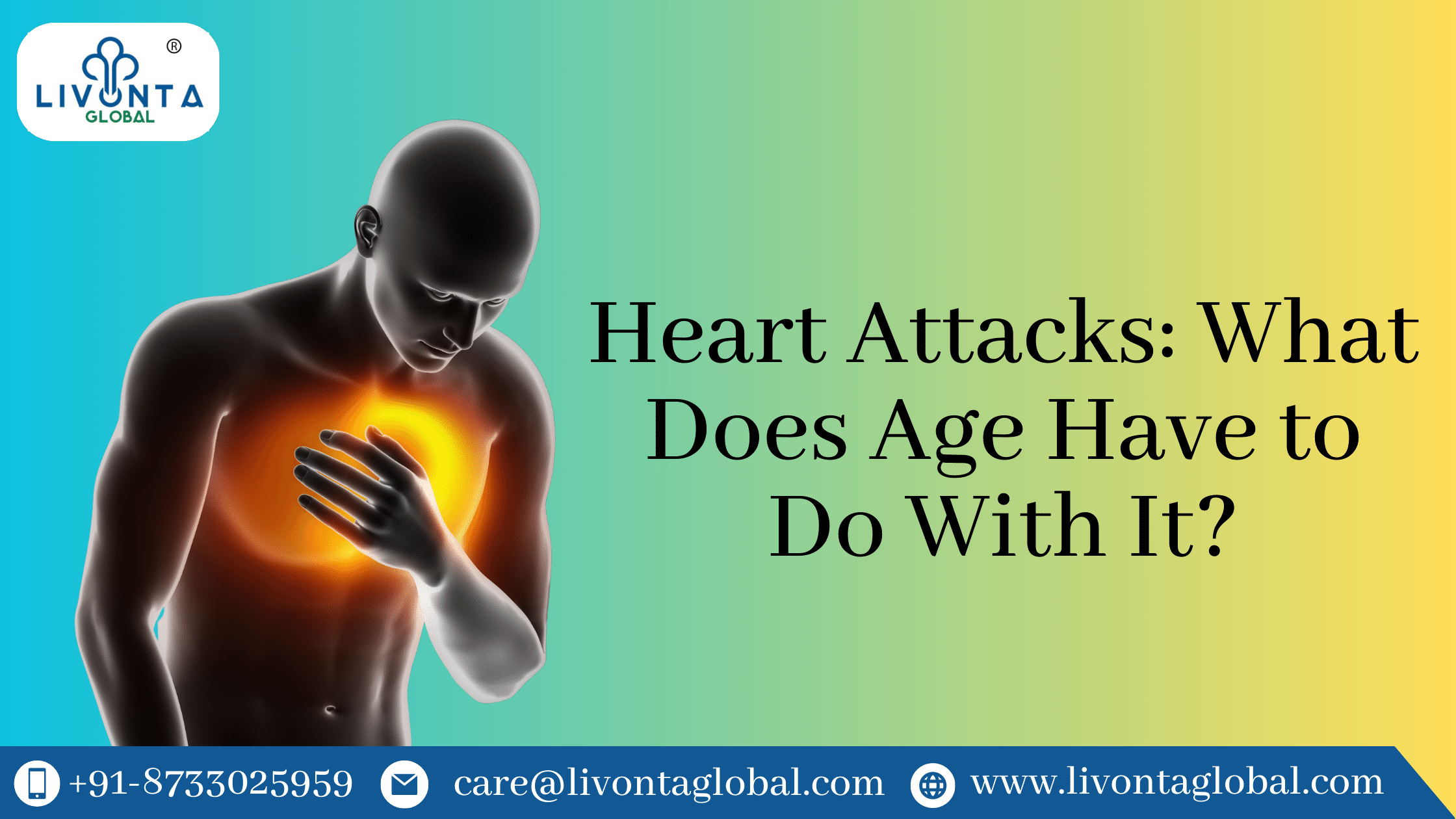
Heart Attacks: What Does Age Have to Do With It?
Any age can experience a heart attack, but as you become older, your risk increases. But according to scientific data, over the past few decades there has been an increase in the occurrence of heart attacks among younger people. In fact, there has been many heart transplants in India on younger patients in the last decade.customflooringconsultants.com
customflooringconsultants.com
ortopedski čevlji z kapico
handschoenen tijgerprint
adidas 白 パーカー
my carry bag myomy
električni sušilec za perilo
geosbau.at
sewingcrew.com
koiran portaat
Myocardial infarction, another name for a heart attack, occurs when the heart’s blood supply is completely or partially interrupted. The heart can’t pump effectively when it lacks the blood and oxygen it requires. The more time the heart spends without enough blood and oxygen, the more harm the heart muscle sustains.
Does age affect the risk of heart attack?
Age considerably increases the risk of cardiac failure. The National Institute on Aging claims that physical changes to your circulatory system, including your heart, are a contributing factor to this.
Your heart might face a lot of complications with age. Heart transplant in India Hospitals are also ready with the state of art equipment to help treat and cure patients to get better sooner.
So, what happens exactly?
Fatty deposits could accumulate. Your artery walls tend to accumulate the fatty deposits over time. The coronary arteries, which feed your heart muscle with blood and oxygen, may narrow as a result of this. Atherosclerosis is the term for this.
The arteries could stiffen. Your arteries may get stiff and hard with your biological ageing. Your chance of having a heart attack can rise if your arteries are less flexible and inflexible, particularly if you have fatty deposits inside of them.
Heart wall thinning is possible. As you age, your heart’s defences could develop stronger. The volume of your heart’s internal chambers may shrink even though your heart grows slightly overall as a result. This can make it difficult to relax since your heart can’t pump as much blood or becomes stiffer.
Valves can operate less efficiently. There are four valves in the human heart that work cyclically to open and close and maintain blood flow in all directions. These valves may thicken, stiffen, or leak over time. This makes your heart work harder to regulate blood flow.
Electric impulses could alter. As you become older, your heart’s electrical impulses could also change. An arrhythmia may develop as a result of this. A heartbeat that is too fast, too slow, or irregular is known as an arrhythmia.
Sodium sensitivity could become more acute. With age, it is common for some people to become more sensitive to sodium, or sodium based foods. This increases the risk of heart attack.
Is there an average age range for heart attacks?
A recent report shows that men and women experience their first heart attacks on average at 65.6 and 72 years old, respectively. It’s crucial to remember that these statistics do not take repeat heart attacks into consideration. According to the American Heart Association (AHA), 1 in 5 people who have had a heart attack will experience another one during the following five years.
People of all ages can and do experience heart attacks. However, the trend and study shows that the reports on the age of heart attack is going downwards.
Can younger people have heart attacks?
Studies show that young people are having more heart attacks, especially young Black women. Younger adults’ smoking and substance addiction are not the only factors contributing to premature heart attacks. Numerous elements are responsible for this and it is difficult to single out one reason. It could be for –
- obesity
- prediabetes
- Dyslipidemia, or abnormally high amounts of lipids or fats in the blood, includes triglycerides and LDL cholesterol.
- Additionally, experts believe that early introduction of preventative medical care and lifestyle adjustments is lacking.
- Certain lifestyle choices, such as smoking, bad food habit, and getting little exercise, can have long-term implications on cardiovascular health.
Beware of the following symptoms –
- chest pain or a sense of discomfort in the chest
- shortness of breath or trouble breathing
- sweating
- pain in the arm, neck, shoulder, or jaw
- feeling lightheaded or dizzy
- nausea
- fatigue
- upper back pain

